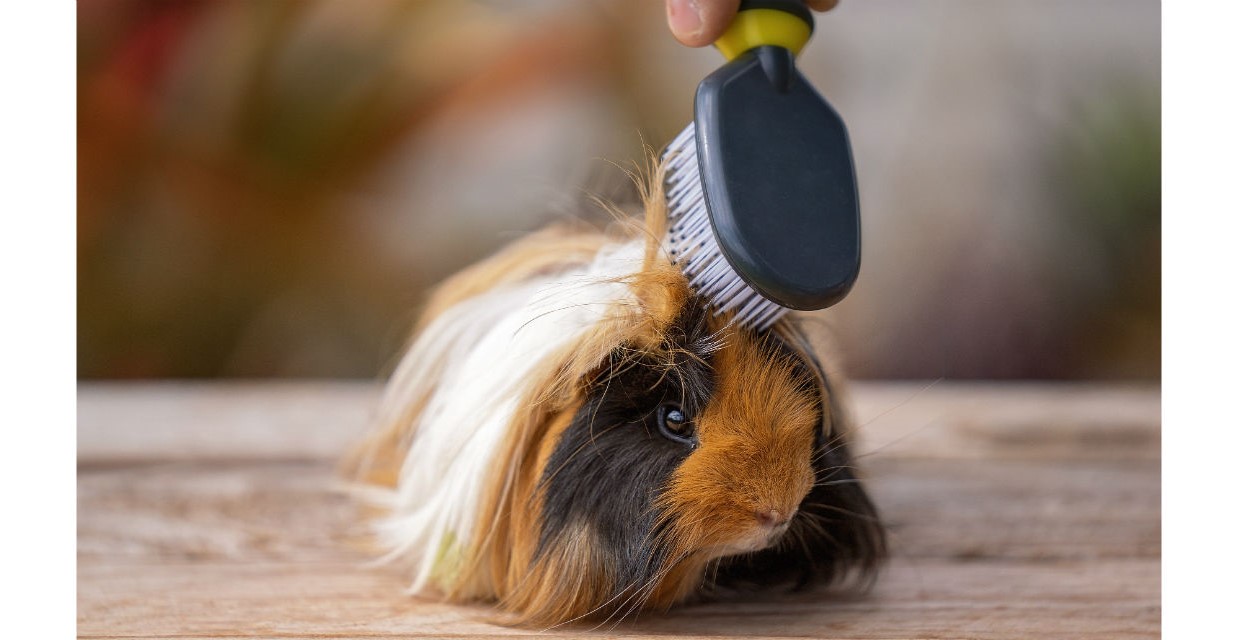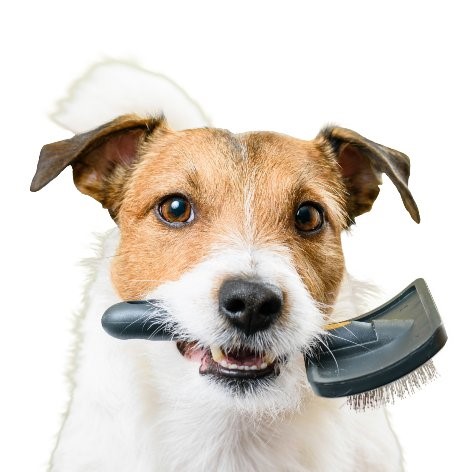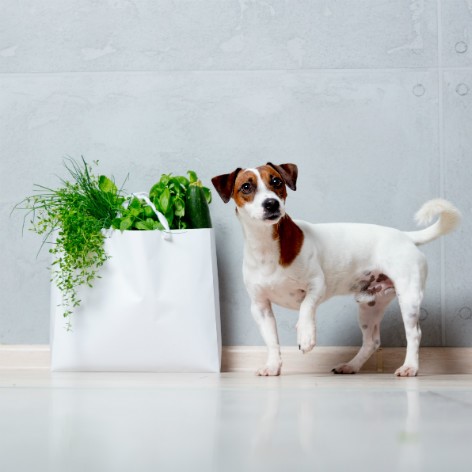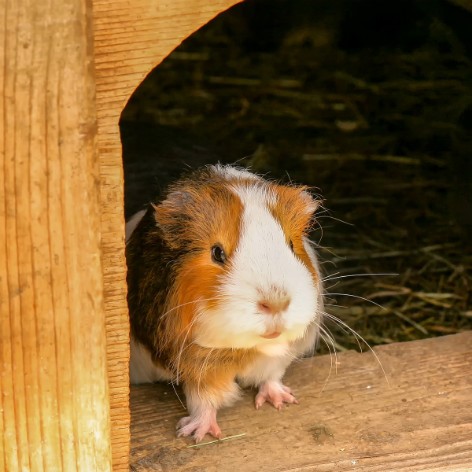Give your guinea pig some pampering.
Sure, guinea pigs may not be the most active and clean around their house – but when it comes to keeping themselves well-groomed, there’s rarely a hair out of place. They’re happy to doll up on any given day. However, brushing them on a regular basis will help keep their coat in good condition AND give you the chance to check for problems such as lice, or sores on his skin.
Just how much you’ll need to brush will depend on how long their fur is.
Long-haired guinea pigs will need to be brushed – and any mats, combed out – each day. If it helps, mats and loose hair are best teased out, by hand. And if you asked a breeder, they would recommend trimming your long-haired guinea pig so their hair doesn’t drag on the ground. Using a wide-tooth comb in this situation is best, as a stiff brush can pull the hair right out.
Short-haired guinea pigs will need a good brushing at least once a week. Thankfully mats aren’t as much of a problem for short-hairs.
Nail Clipping
Similar to rabbits, guinea pigs’ nails can grow quite quickly, and can get a bit out of control sooner than you think. Clipping their toenails regularly is another step in the right direction, as this will prevent the nails from curling and growing back into the pad, which can cause pain and infection.
Bathing your Guinea Pig
Guinea pigs generally aren't overly fond of baths. But thankfully, you usually only need to give them a good bath a couple times a year. And when you do you should use an animal shampoo, like the Aristopet Shampoo for Small Animals. Guinea pigs can be prone to skin problems so you shouldn't use a dog or human shampoo, for example. For best results from washing your guinea pig, you should give their cage a good clean at the same time. Not only will this keep them cleaner, but you'll also be controlling any parasites and even the risk of fungal infections as well.
When you bathe your guinea pig, be sure to rinse them well. Then towel-dry as best you can, and keep them in a warm place until they're completely dry. You can also wrap them in a towel and try a gentle blow-dry. More than likely, you’ll see your pet snuggling into the towel as they're being dried.
Checking for Health Problems
As with any pet, grooming gives you the chance to check for potential health troubles. What to watch for? For starters, cloudy fluid around the lower eyelid, and discharge or dried mucus around the nose.
You’ll also want to examine your guinea pig’s ears for any excessive wax build-up, and around their back end for urine scalding.
Chipped or broken teeth are another thing to keep an eye on, as they can affect their eating. Listen for any clicking or grinding sounds, which may indicate that their back teeth have overgrown. If you’re unsure about anything you spot, make sure you speak to your vet.
Keeping their Teeth in Check
The teeth of guinea pigs grow continuously. So if they’re not naturally worn-down or clipped, their teeth may curve into their mouth, which could make eating really tough and even result in starvation. You can try to control this by providing hay that they can nibble on, or safe toys, tree branches and even wood blocks to chew on. These can help to safely erode their teeth to a healthy length.




